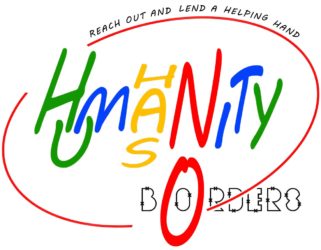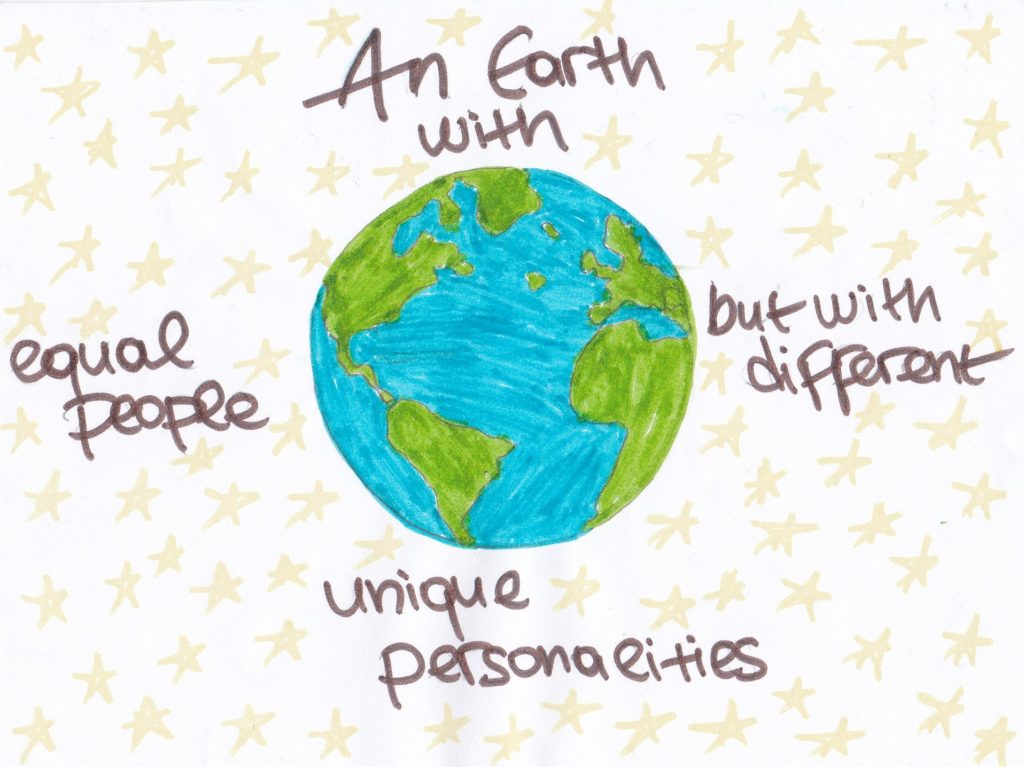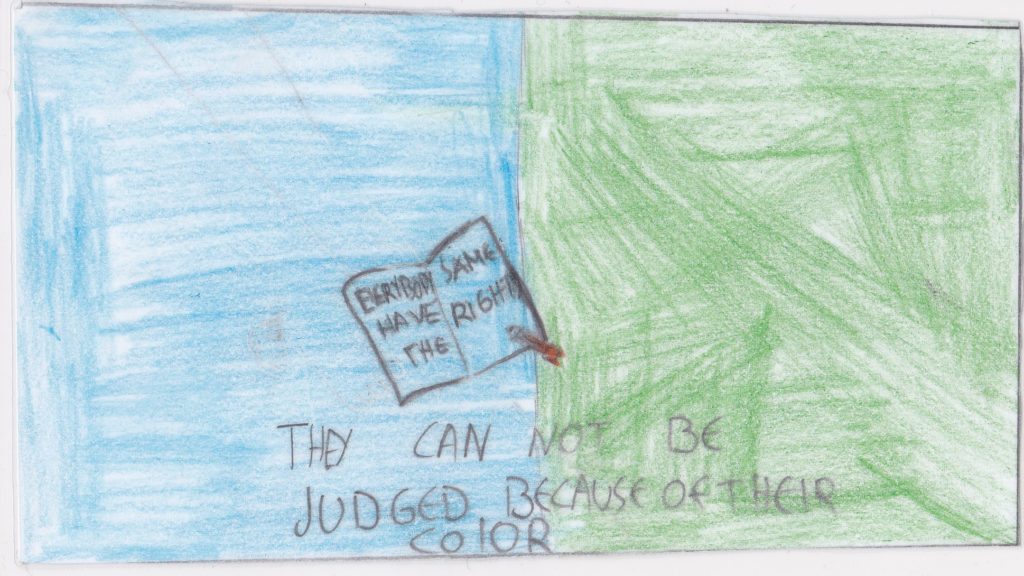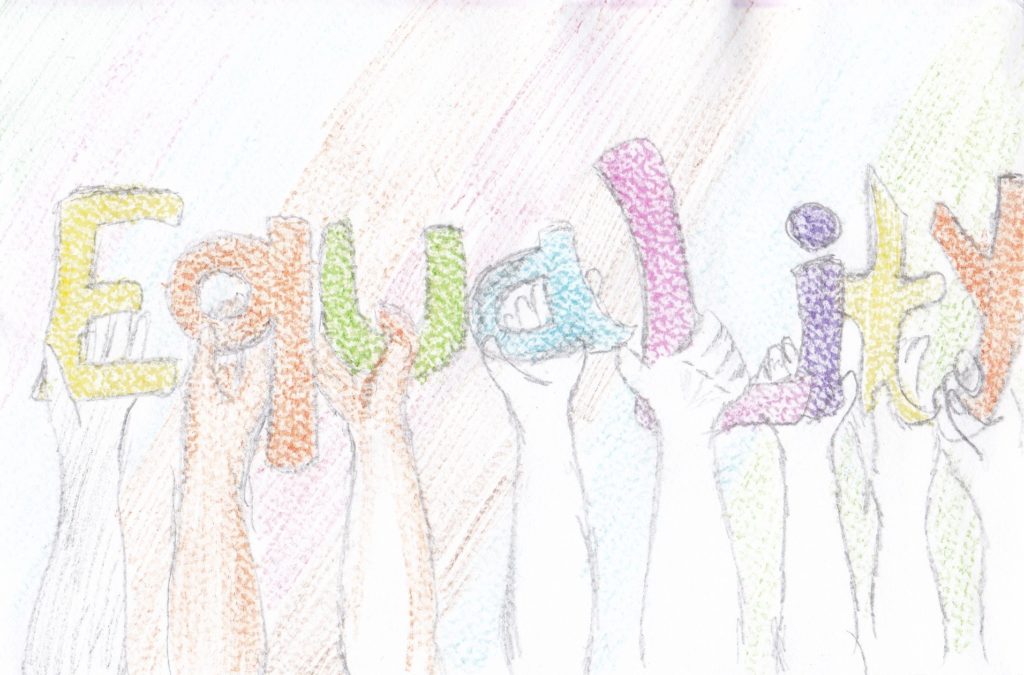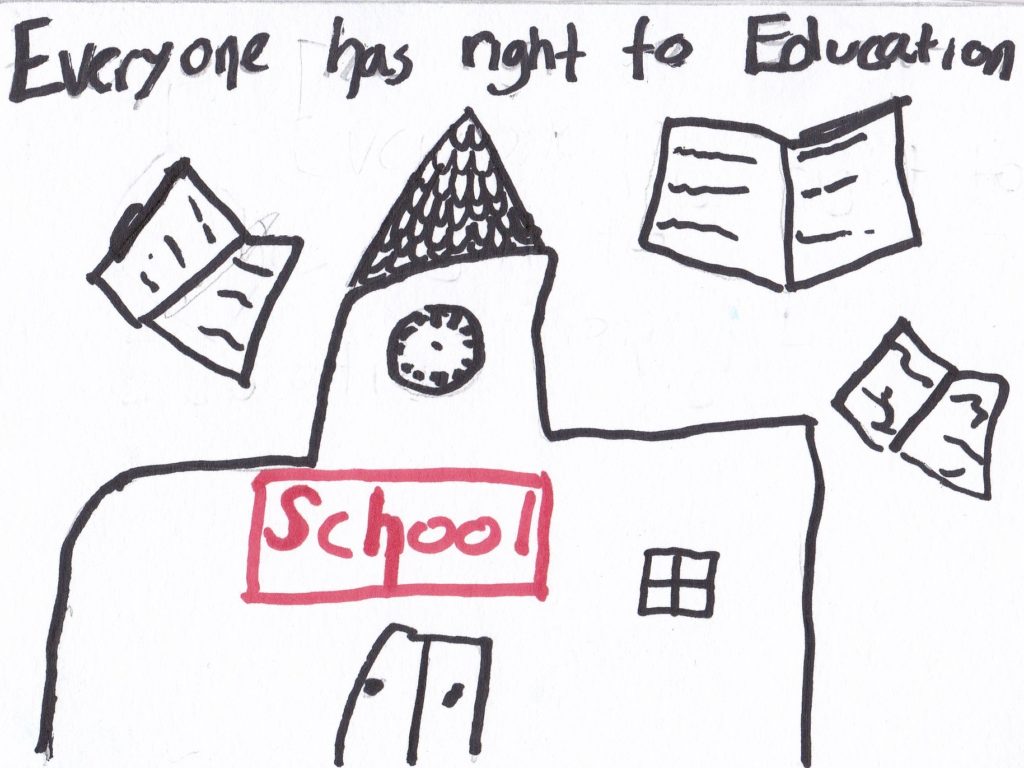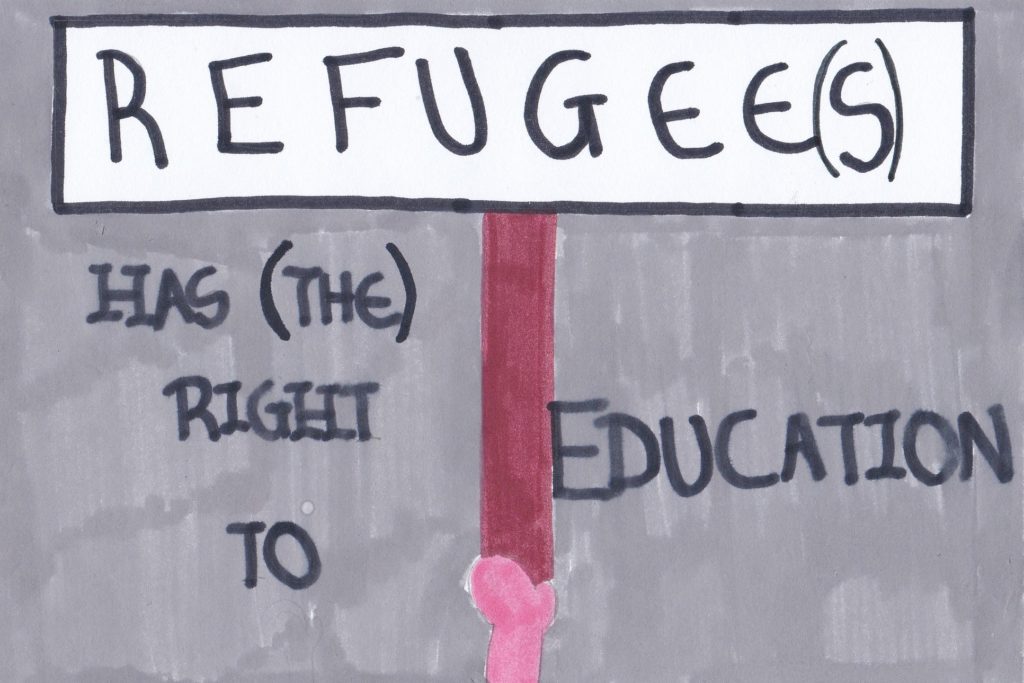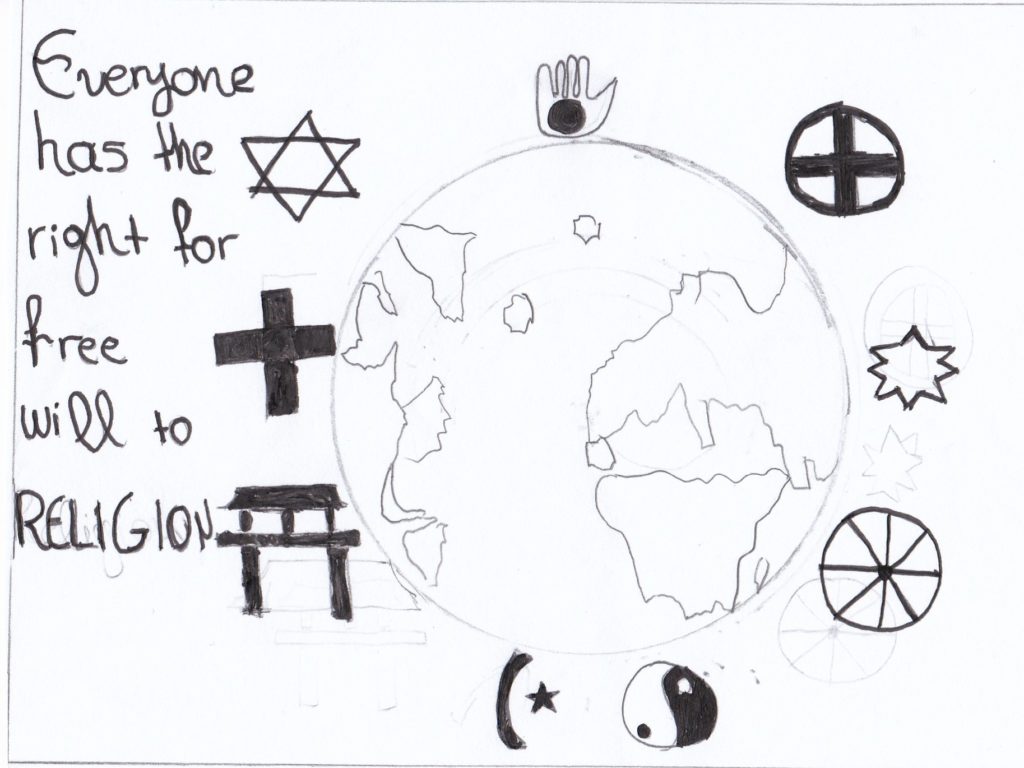Two weeks ago, the Erasmus team of our school visited the Paster Institute, where we had the opportunity to attend an educational program together with refugee children. There we first met Mohamed, a young man who translated the program for the refugee children to the Farsi language.
The previous Sunday, we met again the refugee children at Eleonas refugee camp at Athens, where a festival took place, about diversity and acceptance. When I saw Mohamed, I talked to him. He seemed so happy, friendly and willing to communicate! I thought that it would be nice to introduce myself, hoping that he would do the same. I was right! He was indeed very friendly and ready to answer all my questions.
Mohamed is 22 years old, with dark skin and hair, but with a bright smile on his face. He came to Greece from Iran, two years ago, after a long and dangerous journey, through mountains, battlefields and seas. When I told him about how much I admire the civilization and history of Iran, ancient Persia, he reminded me the Greco-Persian wars that had been held during the 5th century BC. “We were enemies then, but now we can be friends”. It is strange to realize how human history changes the situations of our lives. Persians in ancient times came as conquerors, but now they come as refugees, looking for a better life.
Mohamed told me that it was his own decision to live Iran. “It was unbearable for me to live in such a country, where no human rights were accepted, and no freedom in personal choices was recognized”. I asked him what the cause of that oppression is and he explained me what a theocratic state is. “In a theocratic state, like Iran, the administration and legislation are organized according the beliefs of the prevailing religion. The citizens have to obey, despite their objections. If someone doesn’t submit, the punishment will be very strict”.
In order to achieve his freedom, Mohamed left behind his old life, but also his family, his parents and his brother, who weren’t able to follow him to his difficult journey to the unknown. “I might not see them again. Even though, I wouldn’t change my decision to leave”. Now Mohamed works for the Amnesty International as a translator. He is very lucky, because his knowledge of the English language has helped him find a meaning in his life at the camp, and become useful for the other refugees. When I asked him what his plans are for the future, he told me that he would like to complete his studies and leave Greece for a county in Northern Europe. “I don’t know what is coming next. I try to go through the difficulties with courage and self-confidence. I enjoy my freedom every day, and I enjoy to meet people willing to communicate, as I am. I am looking forward to a better world, and I want to be a part of it”.
Good luck Mohamed! Perhaps one day we’ll meet again!
Eva
